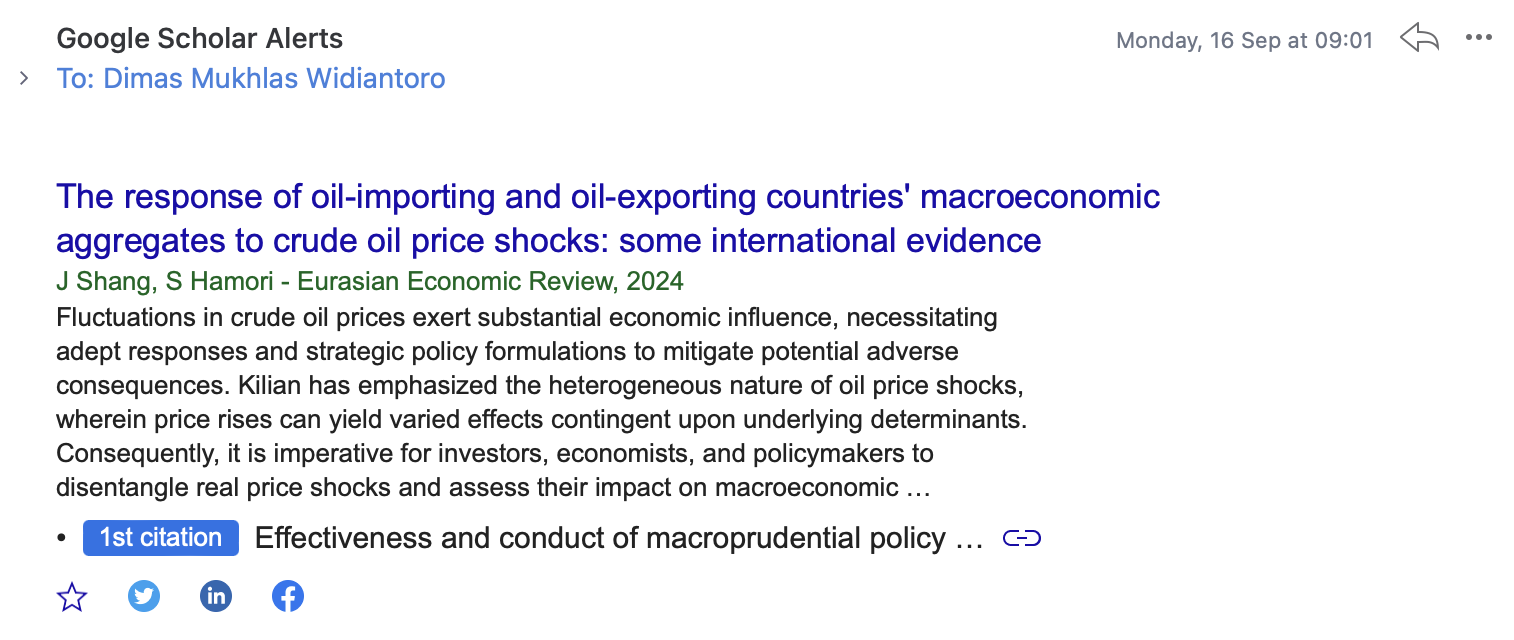What impacting inflation
Posted by: admin 1 month, 1 week ago
(Comments)
Inflation is influenced by a wide variety of factors that can broadly be categorized into demand-side, supply-side, and monetary factors. Here’s an overview of the key influences on inflation:
### 1. **Demand-Side Factors (Demand-Pull Inflation)**:
- **Consumer Demand**: When demand for goods and services exceeds supply, prices tend to rise. This can occur when consumers have more disposable income or when the economy is growing rapidly.
- **Government Spending**: Increased government spending can boost overall demand in the economy, leading to higher prices if the supply of goods and services doesn't keep pace.
- **Economic Growth**: Strong economic growth typically increases employment and wages, boosting consumer spending and leading to higher demand and prices.
### 2. **Supply-Side Factors (Cost-Push Inflation)**:
- **Production Costs**: When the cost of inputs such as labor, raw materials, and energy rises, producers may pass these costs on to consumers in the form of higher prices.
- **Supply Chain Disruptions**: Events like natural disasters, pandemics, or geopolitical tensions can disrupt the supply of goods and services, reducing supply and increasing prices.
- **Wage Increases**: If wages rise faster than productivity, businesses may raise prices to cover the increased cost of labor.
### 3. **Monetary Factors**:
- **Money Supply**: Inflation can result from an increase in the money supply that exceeds economic growth. When there is more money in the economy, and if it outpaces the production of goods and services, prices can rise.
- **Interest Rates**: Central banks control inflation by adjusting interest rates. Lower interest rates can encourage borrowing and spending, increasing demand and potentially leading to inflation. Conversely, higher interest rates can reduce spending and borrowing, helping to control inflation.
### 4. **Expectations of Inflation**:
- **Inflation Expectations**: If people expect prices to rise in the future, they may spend more now, which can increase demand and push prices up. Similarly, businesses may raise prices preemptively if they expect their costs to rise, contributing to inflation.
### 5. **Global Factors**:
- **Exchange Rates**: A weaker currency can make imports more expensive, contributing to inflation, especially in economies reliant on imported goods.
- **Global Commodity Prices**: Prices of essential commodities like oil, food, and metals can influence inflation globally. For example, an increase in oil prices can lead to higher transportation and production costs across the board, raising prices for consumers.
### 6. **Fiscal Policies**:
- **Taxes and Subsidies**: Changes in taxes can affect inflation. For instance, higher taxes on goods and services can increase their prices. Conversely, subsidies can lower prices for certain goods, affecting the overall inflation rate.
- **Public Debt**: High levels of public debt may lead to inflation if a government chooses to print money to finance its debt, increasing the money supply.
### 7. **Supply and Demand Imbalances**:
- **Sector-Specific Imbalances**: Inflation can also arise in specific sectors due to imbalances between supply and demand, such as housing markets, healthcare, or education. If certain essential goods or services become more expensive, it can contribute to broader inflation.
### Summary:
Inflation is the result of complex interactions between these factors. Central banks, particularly the Federal Reserve in the U.S., closely monitor inflation and use tools like interest rate adjustments to manage it. However, external shocks, policy decisions, and changes in consumer behavior can all lead to fluctuations in inflation, making it a critical economic indicator.
why eventhough the r is denominator in LM formula, the slope of LM still goes upward
Recent newsAlright! Let me simplify this for you. We’re talking about the **LM curve**, which shows the relationship between **interest rates (r)** and **income (Y)**. Now, you’re asking why this curve **slopes upward**, even though **r** is in the denominator in the formula.
read more4 days, 1 hour ago
Who won the debate last night between Harris and Trump
Recent newsIn the September 10, 2024, presidential debate between Kamala Harris and Donald Trump, early analyses suggest that Kamala Harris was seen as the winner by several experts and media outlets. According to a flash poll and expert opinions, Harris performed slightly better, earning higher marks for her responses on issues like the economy, healthcare, and foreign policy. While both candidates were criticized for avoiding certain questions and sharing biased data, Harris received a C grade, compared to Trump's C- in some analyses【38†source】.
read more5 days, 12 hours ago
What is the purpose of cash flow statement?
Recent newsA cash flow statement is a financial document that provides a detailed summary of a company's cash inflows and outflows over a specific period, typically divided into operating, investing, and financing activities. Its main purposes are:
read more5 days, 12 hours ago
5 days, 12 hours ago
Why the government of Japan increase their interest rate?
Recent newsThe Japanese government, through the Bank of Japan (BOJ), raised interest rates in August 2024 in response to growing inflationary pressures. Japan had experienced years of low inflation, even deflation, but by mid-2024, inflation had accelerated beyond expectations, driven by higher energy costs, a weakening yen, and global supply chain disruptions. These inflationary trends threatened the BOJ's long-term price stability target.
read more5 days, 12 hours ago
How the Yen currency appreciation affect carry trade
Recent newsThe "yen carry trade" refers to an investment strategy where investors borrow yen at low interest rates and invest in higher-yielding foreign assets. Japan’s historically low interest rates made the yen attractive for this strategy, as borrowing in yen was cheap. Investors would use the borrowed funds to buy assets in countries with higher interest rates, pocketing the difference in yield.
read more5 days, 13 hours ago
The formula of buble
Recent newsAn **asset bubble** doesn't have a single, universally accepted formula, but it can be understood through a combination of economic models and indicators that show when asset prices deviate significantly from their intrinsic or fundamental values. Typically, asset bubbles occur when the prices of financial assets, such as stocks, real estate, or commodities, rise rapidly and unsustainably due to speculative demand, often detached from the underlying economic fundamentals.
read more1 week, 1 day ago

Collaboratively administrate empowered markets via plug-and-play networks. Dynamically procrastinate B2C users after installed base benefits. Dramatically visualize customer directed convergence without





Comments